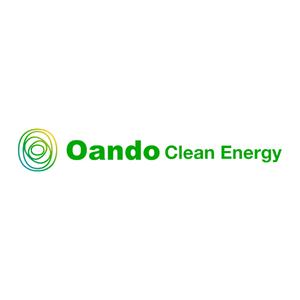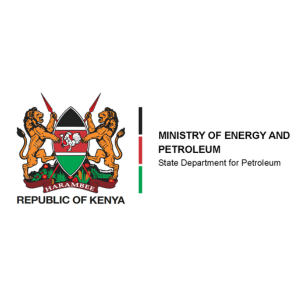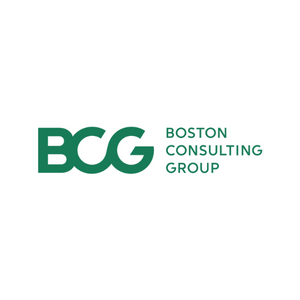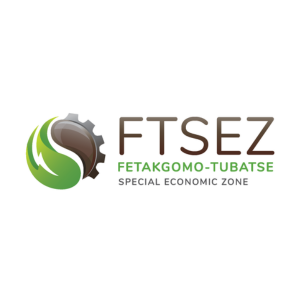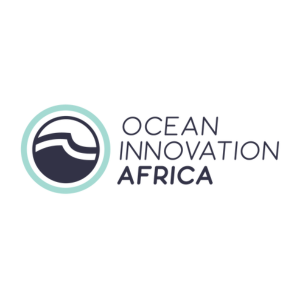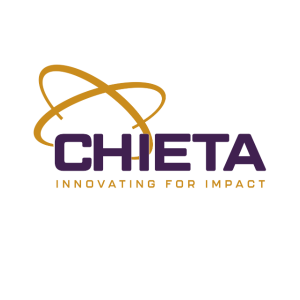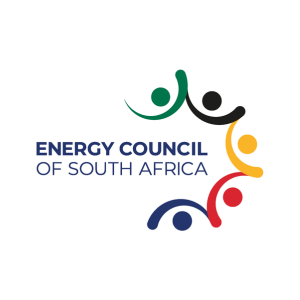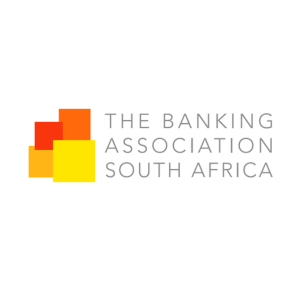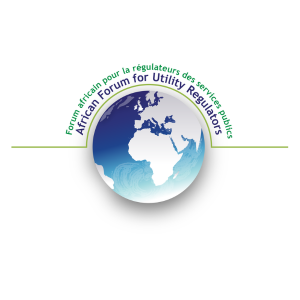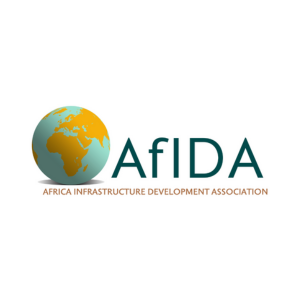Jun 08 | 2023
Development partners sign new agreement for Africa’s biggest wind farm
Infinity Power, a joint venture of Egyptian company Infinity and UAE-based Masdar, has signed an agreement with Egypt’s New and Renewable Energy Authority to secure land for a 10 GW capacity onshore wind farm, as the north African country pushes for increased renewables in its energy mix.
The signed agreement, in association with Masdar (Abu Dhabi Future Energy Company) and Hassan Allam Holding, Egypt’s leading engineering and construction company, will allow the development partners to build one of the world’s largest wind projects.
Earlier this year, Infinity Power already completed the acquisition of Lekela Power, in what remains Africa’s biggest renewable energy deal ever.
The new farm will be located near the city of Sohag in central Egypt, with electricity generation expected to begin in four years, according to local media reports.
“This landmark project, which will create around 100,000 jobs, aims to produce 47,790 GWh of clean energy per year,” Infinity Power noted in a company statement, adding the project will support Egypt’s net zero goals.
The 10 GW farm would offset 23.8 million tonnes of carbon dioxide emissions, equivalent to around 9% of Egypt's CO2 emissions annually. The emissions intensities of oil and gas production in North Africa are among the highest in the world, according to the International Energy Agency.
Because Egypt’s electricity mix is dominated by natural gas, the $10bn wind project is expected to save Africa’s third largest economy an estimated US$ 5 billion in natural gas costs a year.
An MoU on the wind energy project was initially signed on the sidelines of the UN Climate Change Conference (COP27) in Egypt’s Sharm El Sheikh last November.
Getting ambitious with renewable energy
Egypt, the largest gas market in Africa, is betting on its abundance of land, sunny weather, and high wind speeds to increase the supply of electricity generated from renewable sources.
According to data from the Ministry of Electricity and Renewable Energy, Egypt’s total installed electricity generation capacity stood at 55,818 megawatts at the end of 2021. But only 14% came from renewable energy – wind, solar and hydro.
When completed, the 10 GW wind project would become part of Egypt's Green Corridor initiative, a grid dedicated to renewable energy projects, which aims to grow the share of renewables to 42% of its energy mix by 2035, with wind providing 14%, hydropower 2%, photovoltaic 22% and concentrating solar power at 4%.
A few years ago, Egypt already commissioned Africa’s largest solar facility, the 1,465 MW Benban solar park.
But a revised plan under government consideration, as at late last year, could result in the setting of more-ambitious targets, pushing the share of renewables in Egypt’s energy mix to 33% by 2025, 48% by 2030, 55% by 2035, and 61% by 2040, with the private sector delivering most of the capacity, according to report from the International Trade Administration.
The signed agreement, in association with Masdar (Abu Dhabi Future Energy Company) and Hassan Allam Holding, Egypt’s leading engineering and construction company, will allow the development partners to build one of the world’s largest wind projects.
Earlier this year, Infinity Power already completed the acquisition of Lekela Power, in what remains Africa’s biggest renewable energy deal ever.
The new farm will be located near the city of Sohag in central Egypt, with electricity generation expected to begin in four years, according to local media reports.
“This landmark project, which will create around 100,000 jobs, aims to produce 47,790 GWh of clean energy per year,” Infinity Power noted in a company statement, adding the project will support Egypt’s net zero goals.
The 10 GW farm would offset 23.8 million tonnes of carbon dioxide emissions, equivalent to around 9% of Egypt's CO2 emissions annually. The emissions intensities of oil and gas production in North Africa are among the highest in the world, according to the International Energy Agency.
Because Egypt’s electricity mix is dominated by natural gas, the $10bn wind project is expected to save Africa’s third largest economy an estimated US$ 5 billion in natural gas costs a year.
An MoU on the wind energy project was initially signed on the sidelines of the UN Climate Change Conference (COP27) in Egypt’s Sharm El Sheikh last November.
Getting ambitious with renewable energy
Egypt, the largest gas market in Africa, is betting on its abundance of land, sunny weather, and high wind speeds to increase the supply of electricity generated from renewable sources.
According to data from the Ministry of Electricity and Renewable Energy, Egypt’s total installed electricity generation capacity stood at 55,818 megawatts at the end of 2021. But only 14% came from renewable energy – wind, solar and hydro.
When completed, the 10 GW wind project would become part of Egypt's Green Corridor initiative, a grid dedicated to renewable energy projects, which aims to grow the share of renewables to 42% of its energy mix by 2035, with wind providing 14%, hydropower 2%, photovoltaic 22% and concentrating solar power at 4%.
A few years ago, Egypt already commissioned Africa’s largest solar facility, the 1,465 MW Benban solar park.
But a revised plan under government consideration, as at late last year, could result in the setting of more-ambitious targets, pushing the share of renewables in Egypt’s energy mix to 33% by 2025, 48% by 2030, 55% by 2035, and 61% by 2040, with the private sector delivering most of the capacity, according to report from the International Trade Administration.

